For Education Leaders
Get proven strategies and expert analysis from the host of the Learning Can't Wait podcast, delivered straight to your inbox.
Why Rural Schools Matter: Interview
Fill Teacher Vacancies in Days
- State-certified experts averaging 15+ years experience
- Fully aligned to your curriculum & standards
- Scalable, cost-effective hybrid solutions
Why Rural Schools Matter: Interview

In this episode, host Hayley Spira-Bauer sits down with Richard Wright, Superintendent of Agua Dulce ISD in South Texas, and Michael Gonzalez, Executive Director of the Rural School Innovation Zone (RSIZ). This conversation is part of the Rural Schools mini-series, delving deep into the obstacles and solutions in rural education. Listen to the Learning Can’t Wait Podcast!
Curious how your rural school district can leverage community collaboration and innovative programming? Schedule your free strategy call today and uncover personalized insights from experts already transforming rural education.
Key Takeaways
- Community Collaboration is Transformative: Richard Wright and Michael Gonzalez highlight the power of uniting multiple school districts to share resources, emphasizing that community collaboration is essential for the success of rural education.
- Innovative Programs Drive Student Success: The Rural School Innovation Zone offers certification programs in fields like health science, welding, and STEM, equipping students with practical skills and certifications that open doors to immediate employment and economic mobility.
- Leadership and Technology as Game-Changers: Effective, adaptable leadership and the integration of technology, such as virtual classrooms, are critical in transforming the educational landscape and ensuring rural students have access to high-quality education.
Imagine communities where the nearest neighbor might be miles away and the local school stands as the vibrant hub of community connection. In rural school districts, unique academic and social challenges are being met with innovative solutions, showcasing the tremendous potential for creativity and collaboration in small town America. These communities are not just adapting; they are thriving in ways that offer valuable lessons for every school district.

The Power of Community in Rural Schools
Richard Wright understands the power of a close-knit community. Growing up in rural Wyoming, Wright experienced the profound sense of interdependence that defines small towns. He asserts that this ethos is crucial for the success of rural education initiatives: “In rural schools, community collaboration isn't just normal - it’s essential,” says Wright.
Rural schools serve about one-third of all public school students in the U.S., making community building and collaboration even more critical.
Advice for Navigating Rural Education: 5 Tips for Success
The top 5 tips for navigating rural education are:
1. Embrace Community Collaboration
Effective leadership in rural education often hinges on fostering strong community ties. Richard Wright exemplifies this with his hands-on approach, emphasizing the importance of knowing your community and engaging actively with it. Building robust relationships within the community can help drive educational success and ensure that schools serve as vital hubs of connection and learning.
2. Be Adaptable and Resourceful
Michael Gonzalez’s strategic oversight of the RSIZ highlights the necessity of adaptability in rural education. Rural schools often face unique challenges, from limited resources to geographic isolation. Leaders and educators must be innovative and resourceful, finding creative solutions to bridge gaps and provide students with the opportunities they need to succeed.
3. Foster Resilience and Positivity
Wright advises new educators to cultivate resilience and maintain a positive attitude. The challenges of rural education can be daunting, but a resilient mindset helps educators navigate obstacles and continue striving for the best outcomes for their students. Positivity can also inspire and motivate students, fostering a supportive and encouraging learning environment.
4. Step Out of Your Comfort Zone
Gonzalez encourages educators to step out of their comfort zones and embrace new challenges. This might mean adopting new teaching methods, engaging in community outreach, or participating in collaborative programs like the RSIZ. “Step out of your comfort zone and be a champion for kids,” Gonzalez advises, highlighting the importance of being proactive and taking initiative.
5. Focus on Student Outcomes
Ultimately, the goal of rural education is to ensure that all students have the opportunity to succeed. Wright and Gonzalez emphasize the importance of keeping student success at the forefront of all efforts. Whether through innovative programs, community engagement, or personal dedication, educators and leaders should always prioritize the well-being and achievements of their students.
🌱 Personal Journeys Shaping Leadership
Wright’s journey from a military background to becoming a superintendent is marked by influential mentors and a focus on localized initiatives. His experiences underscore the importance of leadership rooted in community values and problem-solving.
“Leadership in rural areas is about knowing your people and serving them well,” he reflects.
Gonzalez reflects on his journey, emphasizing the profound influence of his hard working parents on his commitment to education. Raised in a humble environment, he witnessed firsthand their dedication and strong community spirit. These values deeply impacted him and shaped his professional passion.
“It’s a testament to how personal history shapes professional passion,” Gonzalez shares, highlighting the intrinsic connection between his upbringing and his drive to make a difference in the lives of rural students.
🌐 Technology: The Great Equalizer in Education
Technology becomes a game-changer in rural education. Both Wright and Gonzalez emphasized how virtual classrooms and online resources transform the educational landscape for students in far flung communities.
Despite approximately 14 million people in rural areas lacking reliable internet access, innovative solutions like blended learning models make higher education and specialized training more accessible for students and community members, alike.
“Technology shrinks the world for our students.” — Richard Wright, Superintendent, Agua Dolce ISD
Challenges, Creative Solutions
Like their urban cousins, rural schools often face significant resource constraints, from staffing shortages to inconsistent or insufficient funding. Both Wright and Gonzalez discuss how innovative solutions, such as shared programs and community partnerships, help bridge these gaps.
“It’s all about making good and making great with what you have,” Gonzalez notes.
Extracurricular programs are crucial for preserving and developing the community spirit in rural communities. Oftentimes, sporting events, school plays, musical showcases, and community fundraisers are keystone events in rural life - places and spaces where families and friends connect. Gonzalez explains how these activities enhance students’ skills and foster a sense of community and belonging.
“These activities are where kids find their passions and build lifelong friendships,” he says.
Building Strong Educational Pathways at RSIZ
Michael Gonzalez shares his work at Rural School Innovation Zone (RSIZ) as an example of this community building work. He explained how RSIZ unites multiple school districts, allowing them to share resources and provide comprehensive education opportunities. As Michael tells it, this collaboration starts with a simple handshake agreement to share welding programs and grows into a dynamic partnership that ensures students in rural South Texas have access to a broad range of programs and facilities that rival urban school districts.
Gonzalez’s enthusiasm is palpable as he describes how this initiative turns individual school challenges into collective success, painting a vivid picture of what’s possible in rural school districts, where everyone knows each other and resources can be shared.
Career Pathways and Certification Programs for Teachers:
The RSIZ offers a range of certification programs in fields like health science, welding, and STEM. These programs provide students with practical skills and certifications that open doors to immediate implement opportunities, ensuring that education translates directly into economic mobility.
Gonzalez highlights the critical role these programs pla, particularly in rural areas where access to such opportunities is often limited compared to urban and suburban schools. According to the National Center for Education Statistics, rural students are less likely to have access to advanced coursework and specialized career and technical education programs.
“We’re preparing kids for the real world,” Gonzalez emphasizes.
Success Stories in Rural Schools
Wright and Gonzales share inspiring stories of students who benefit from the RSIZ programs, illustrating the transformative impact these initiatives have on individual communities: a students who completed the RSIZ welding program earned multiple industry-recognized certification and secured a well-paying job after graduation; another student in the health sciences pathway earned certification enabling her to work part-time in a local clinic while pursuing further studies in nursing.
These narratives demonstrate how focused initiatives like those from the RSIZE can change lives and uplift communities.
“Seeing our students succeed is the most rewarding part,” Wright adds.
Conclusion
In this episode of Learning Can't Wait, Richard Wright and Michael Gonzalez shed light on the innovative and collaborative approaches driving success in rural education. Their insights underscore the importance of community, technology, and strong leadership in transforming the educational landscape for rural students. By embracing these principles, rural schools can provide exceptional education and opportunities for all students, regardless of geographic limitations.
Join us for new episodes of the Learning Can’t Wait podcast every Tuesday. Next week, we continue the Rural Education mini-series with special guests Conrad Cantu and Mike Barrera.
For Education Leaders
Get proven strategies and expert analysis from the host of the Learning Can't Wait podcast, delivered straight to your inbox.
Let’s Work Together
We’ll review your application and get in touch!


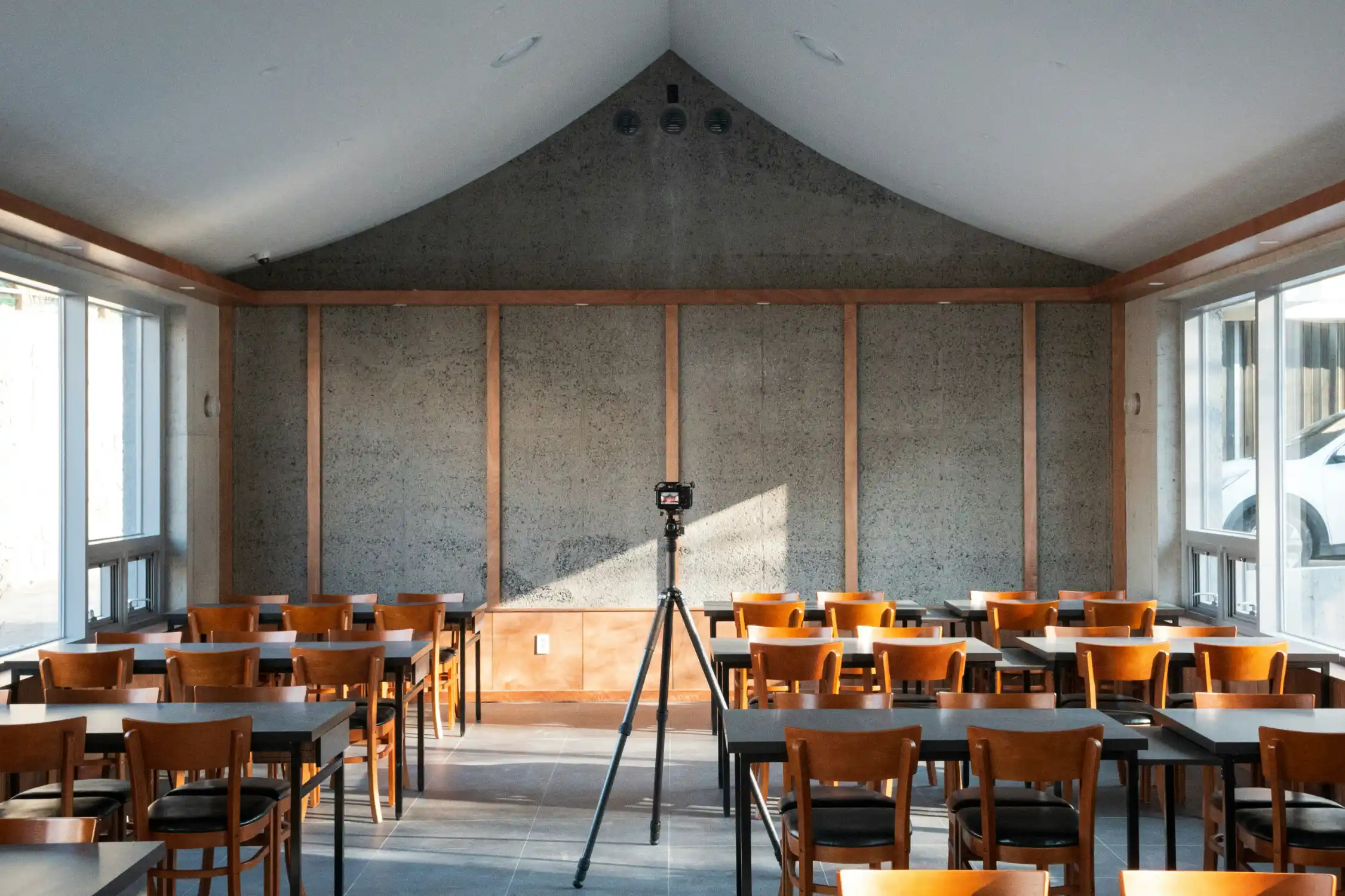
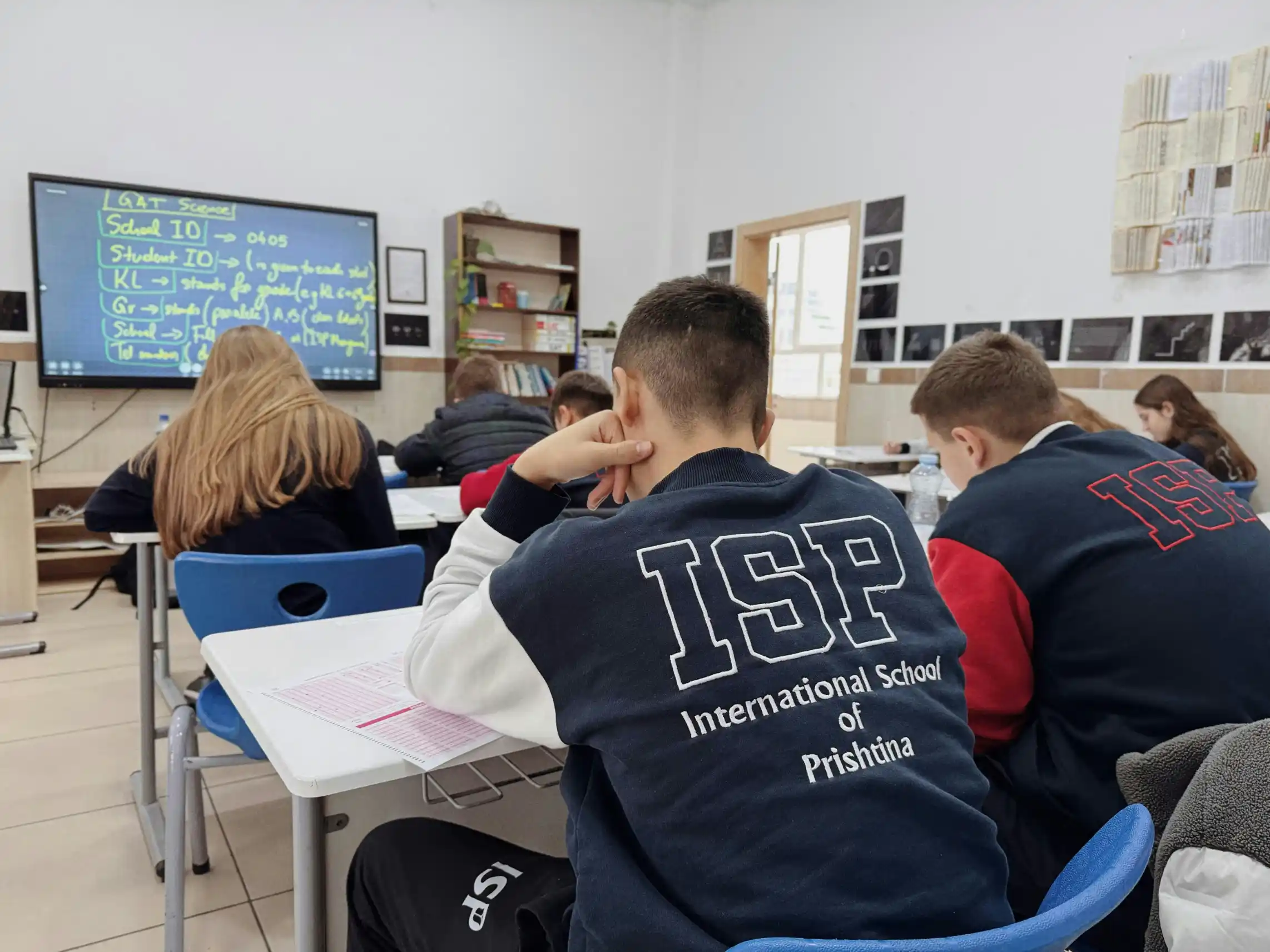
.webp)
.webp)


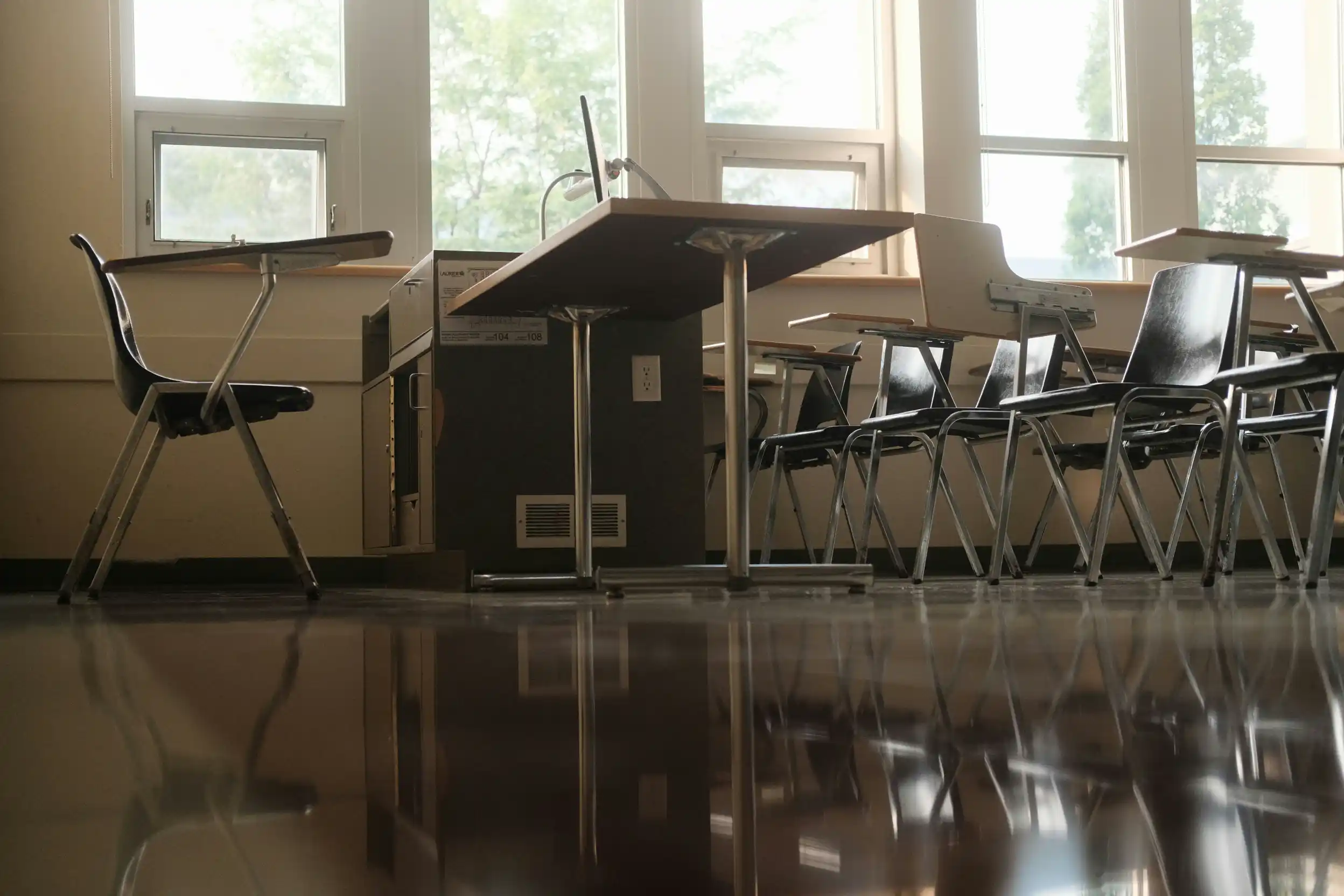
.webp)
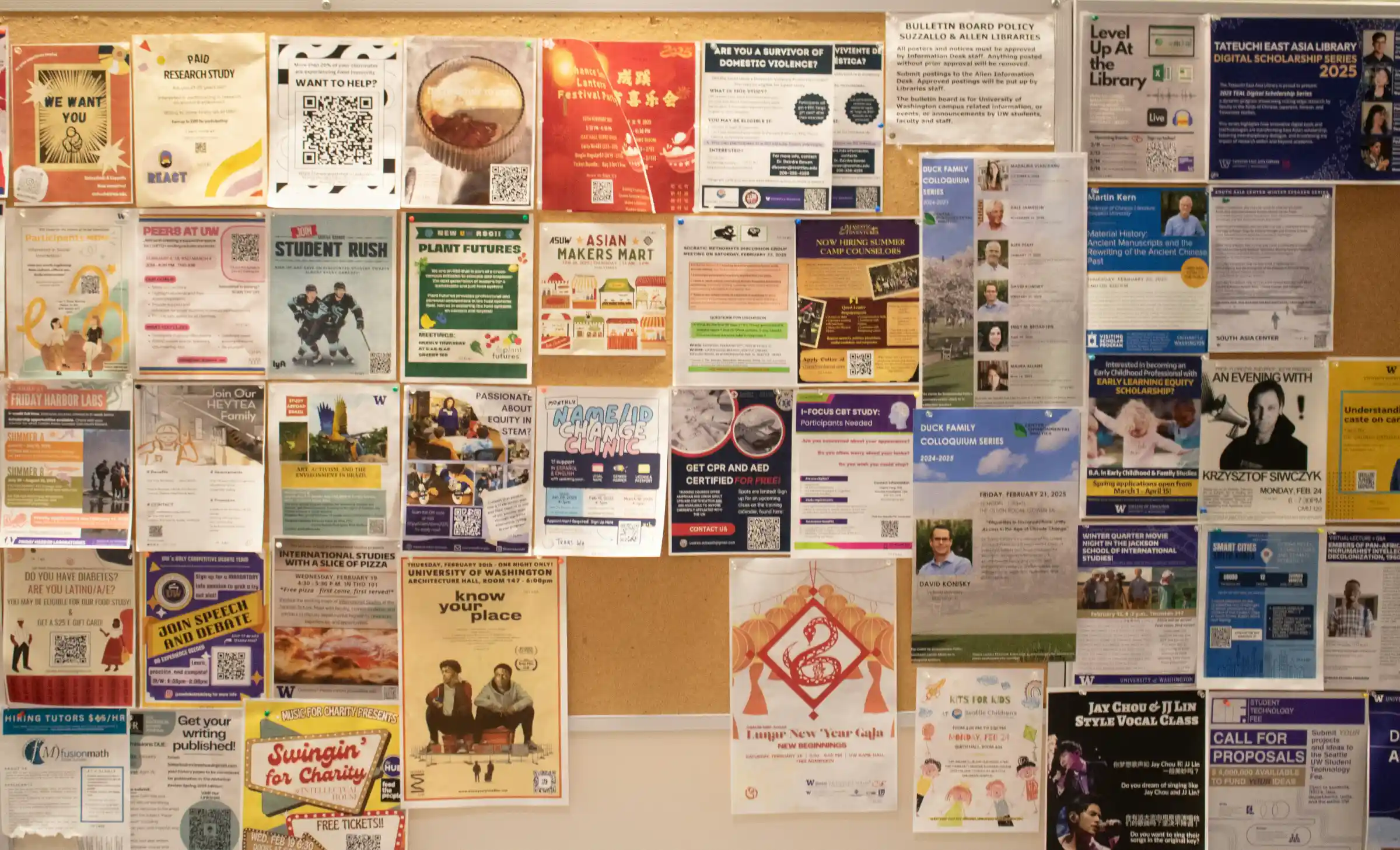
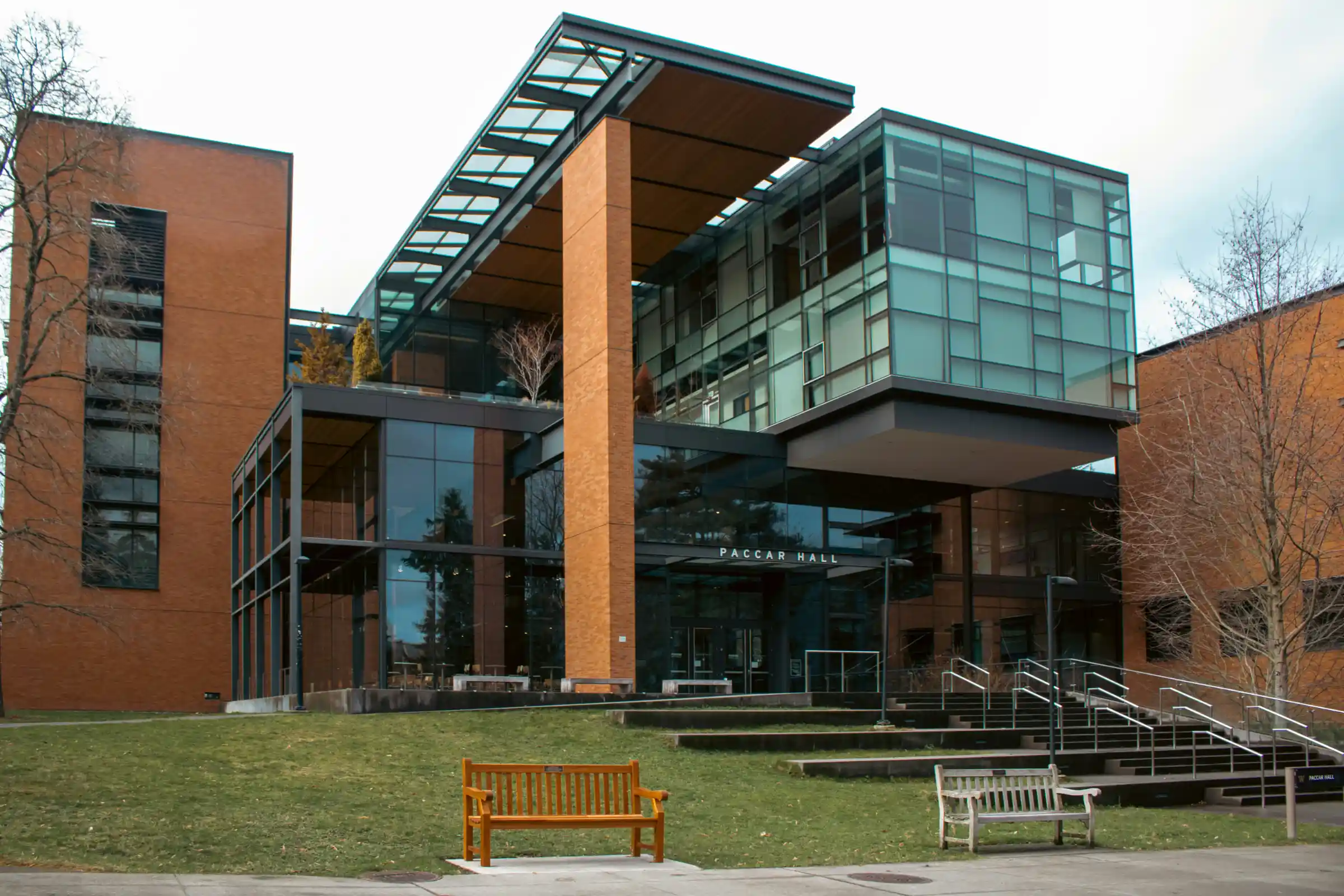

.webp)
.webp)
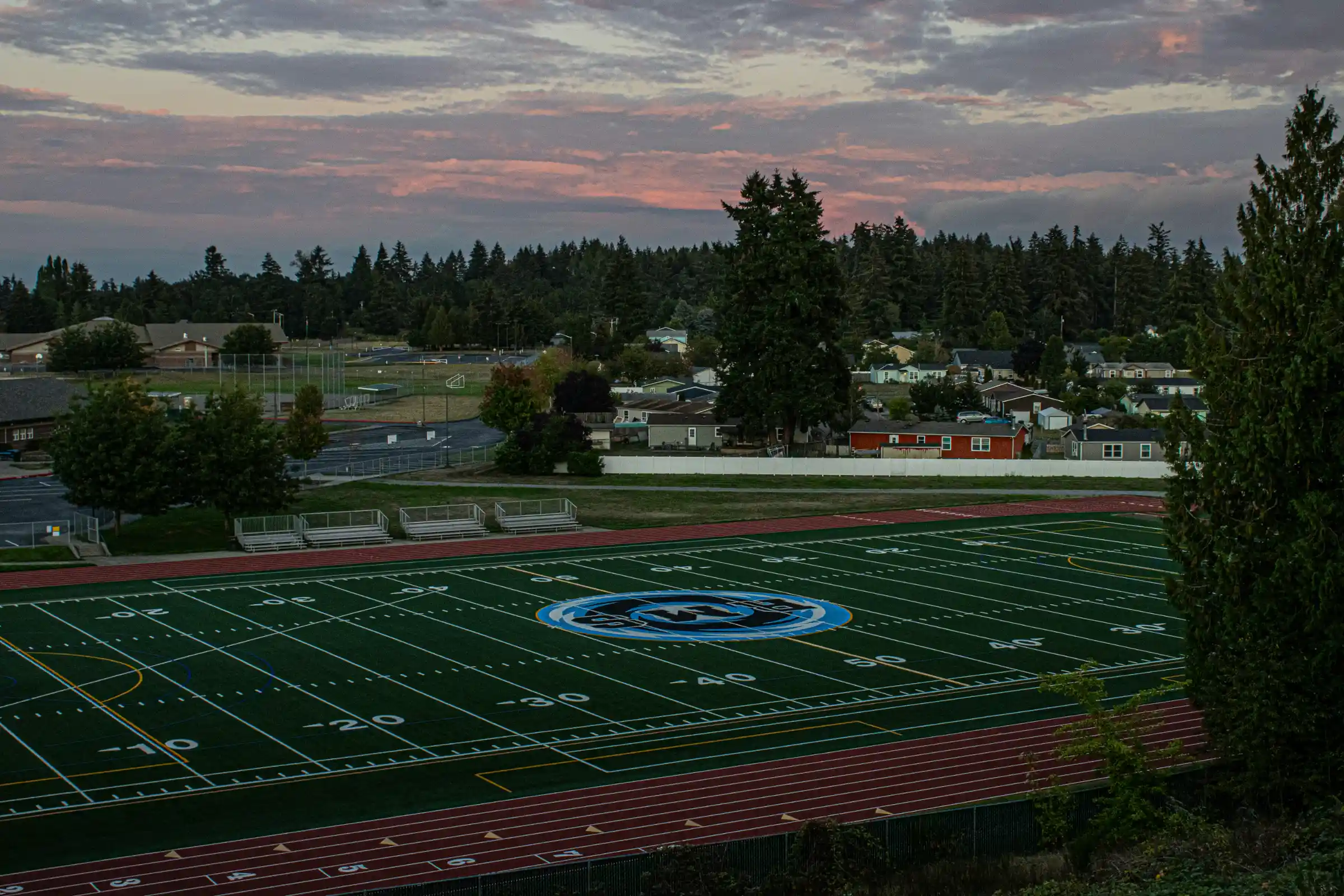

.webp)
.webp)
.webp)





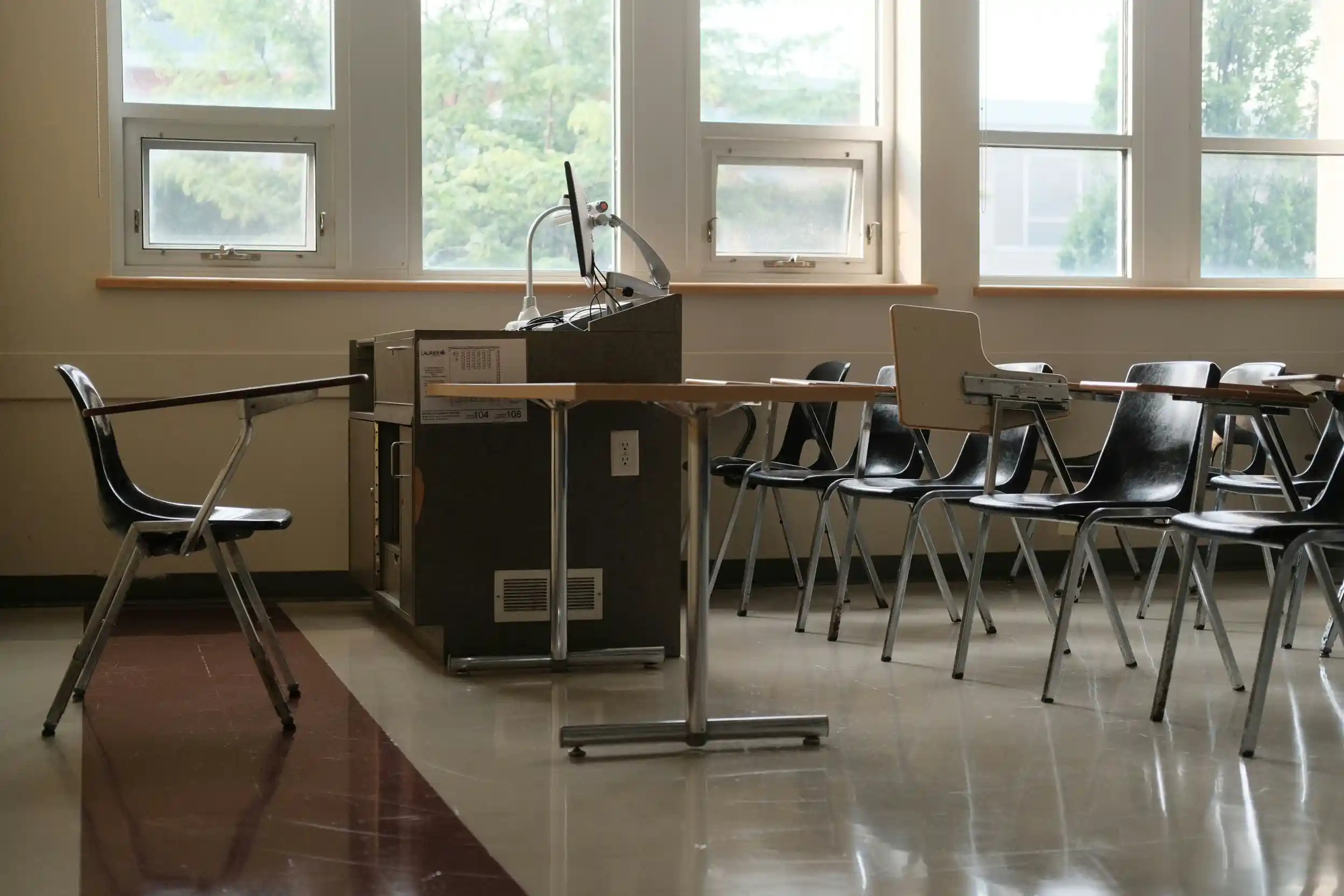


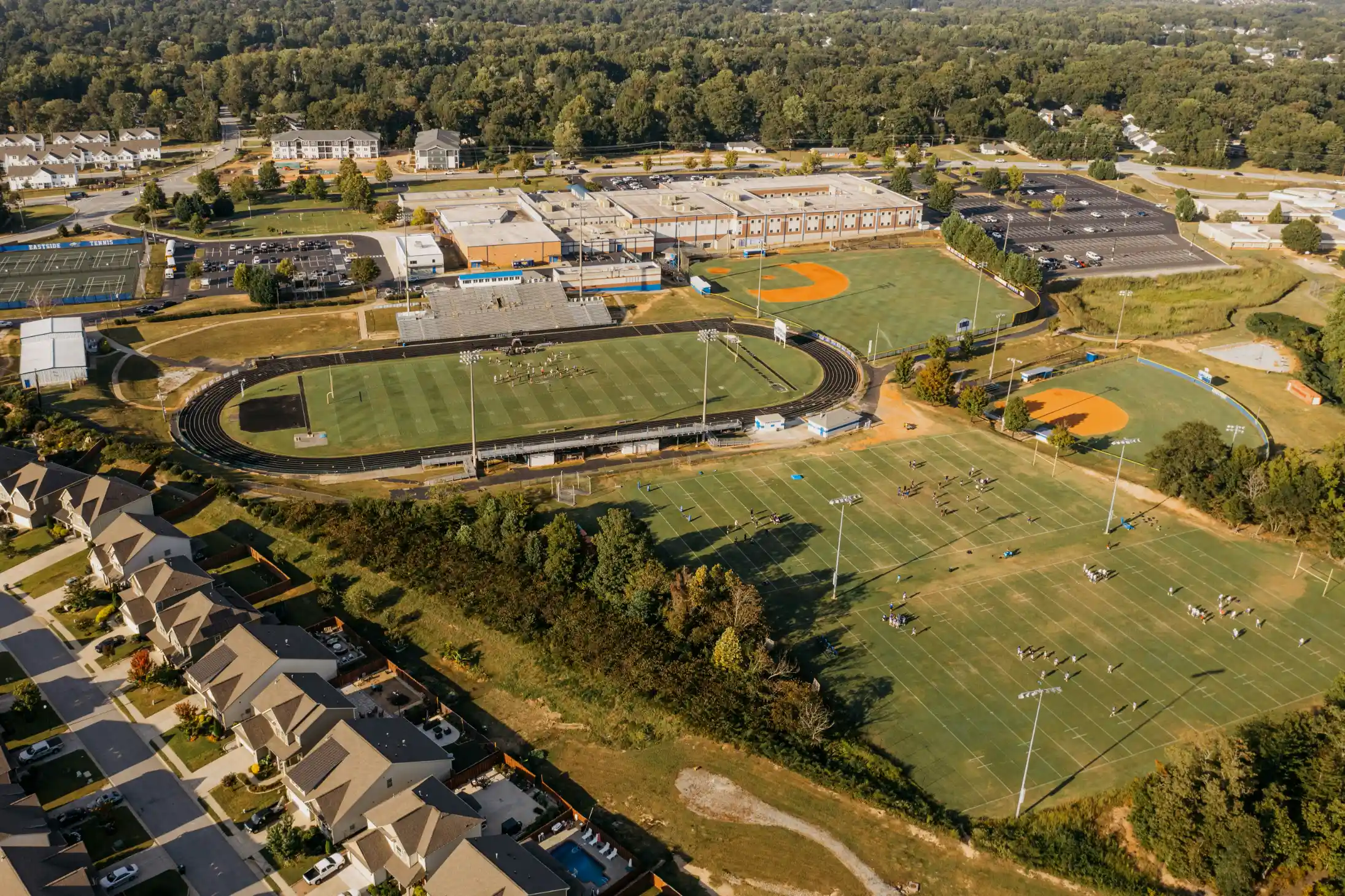





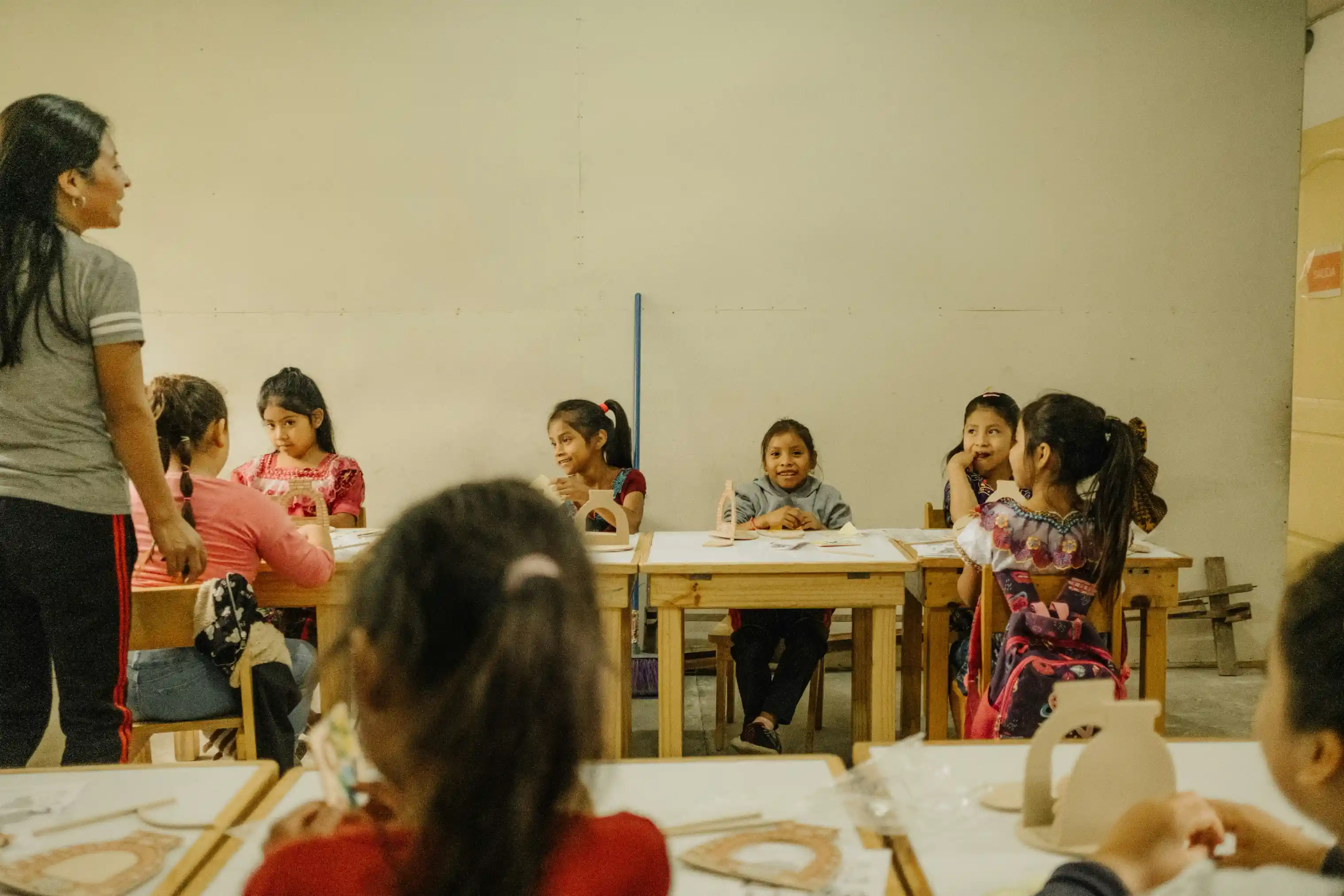










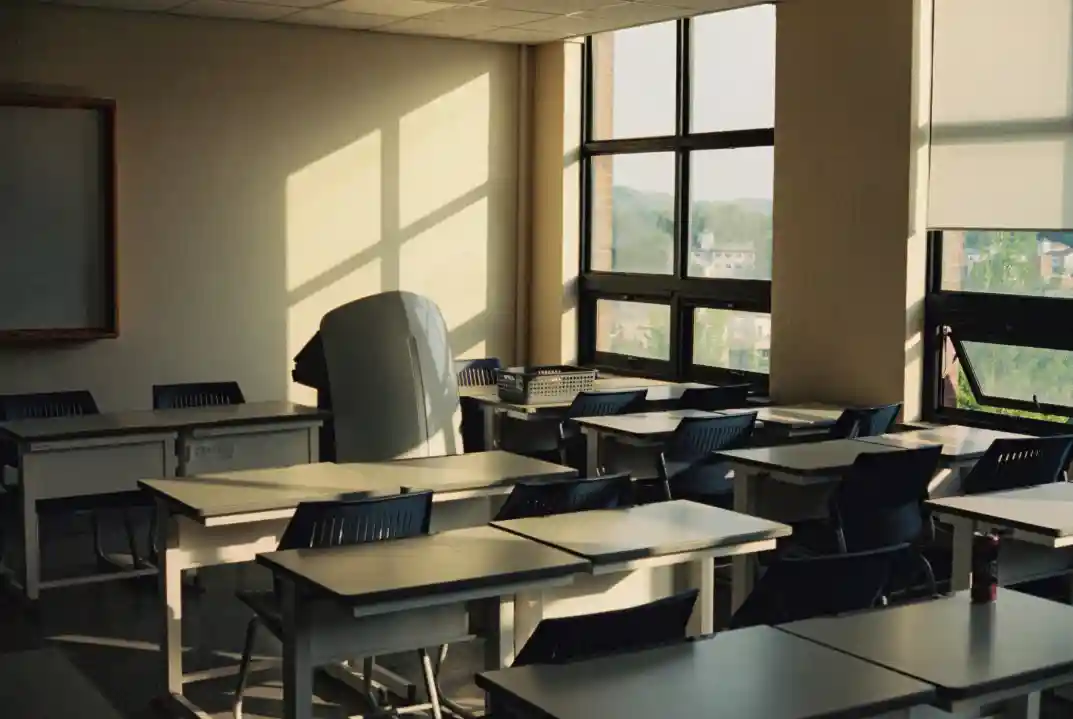


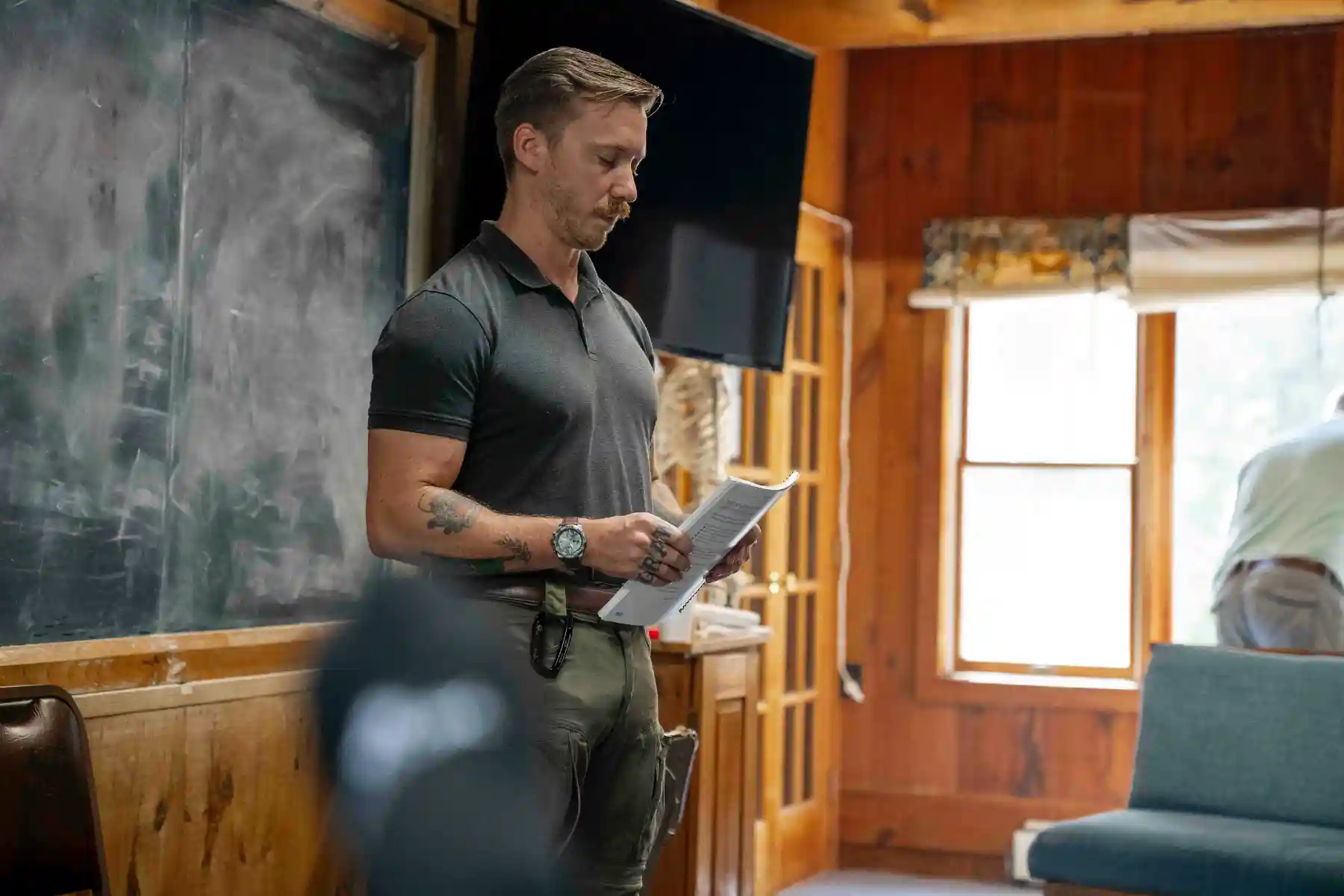
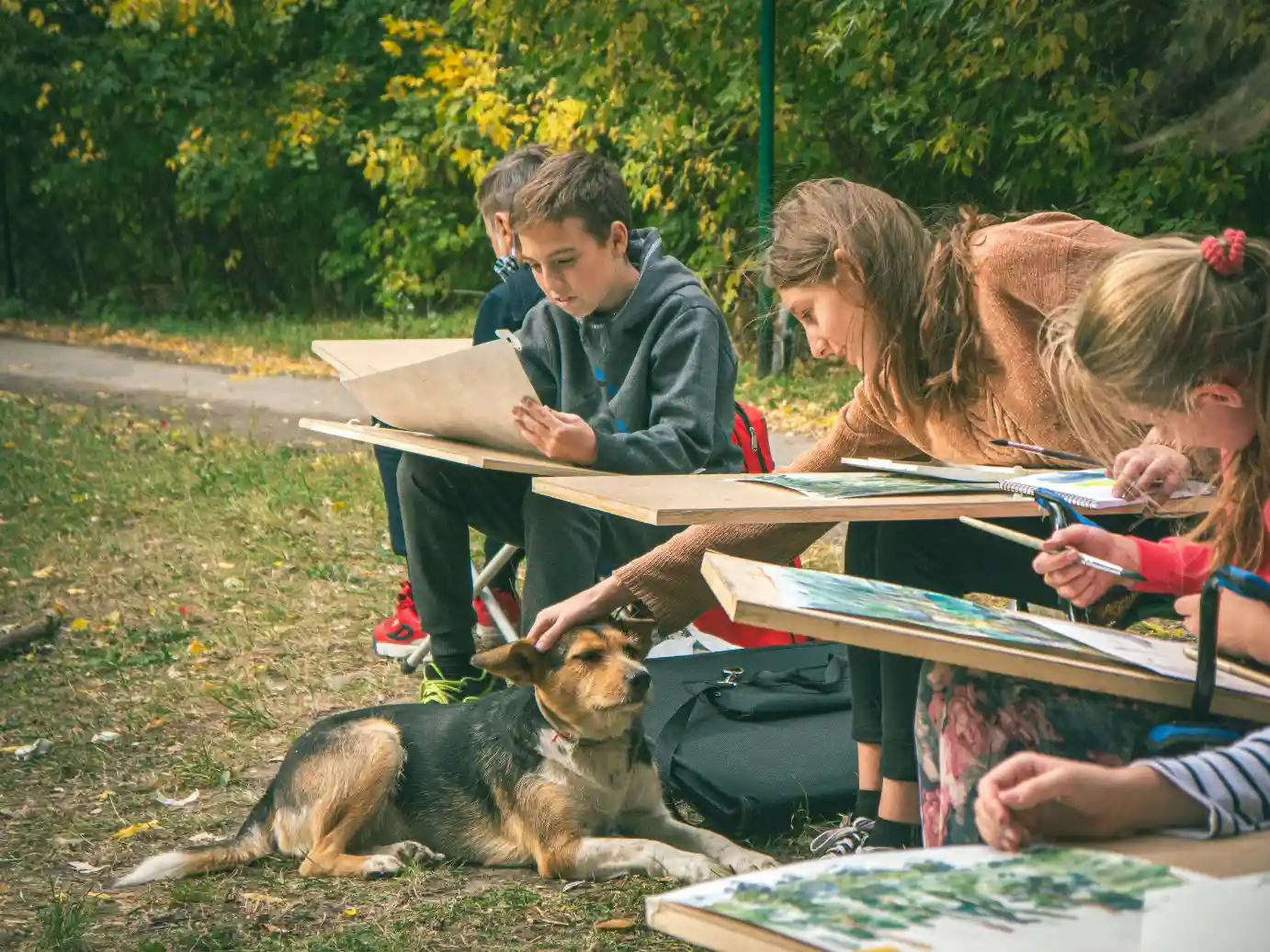

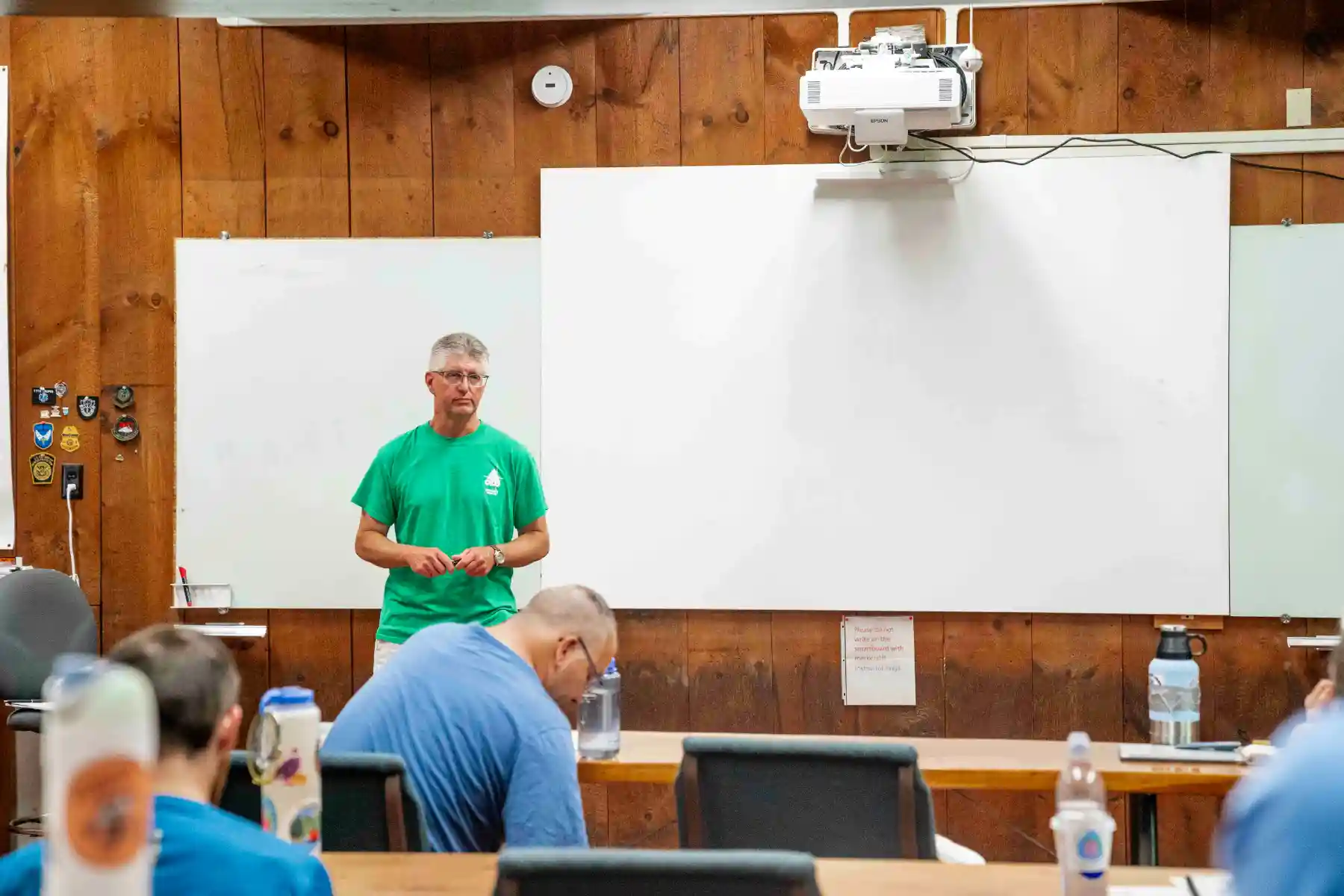

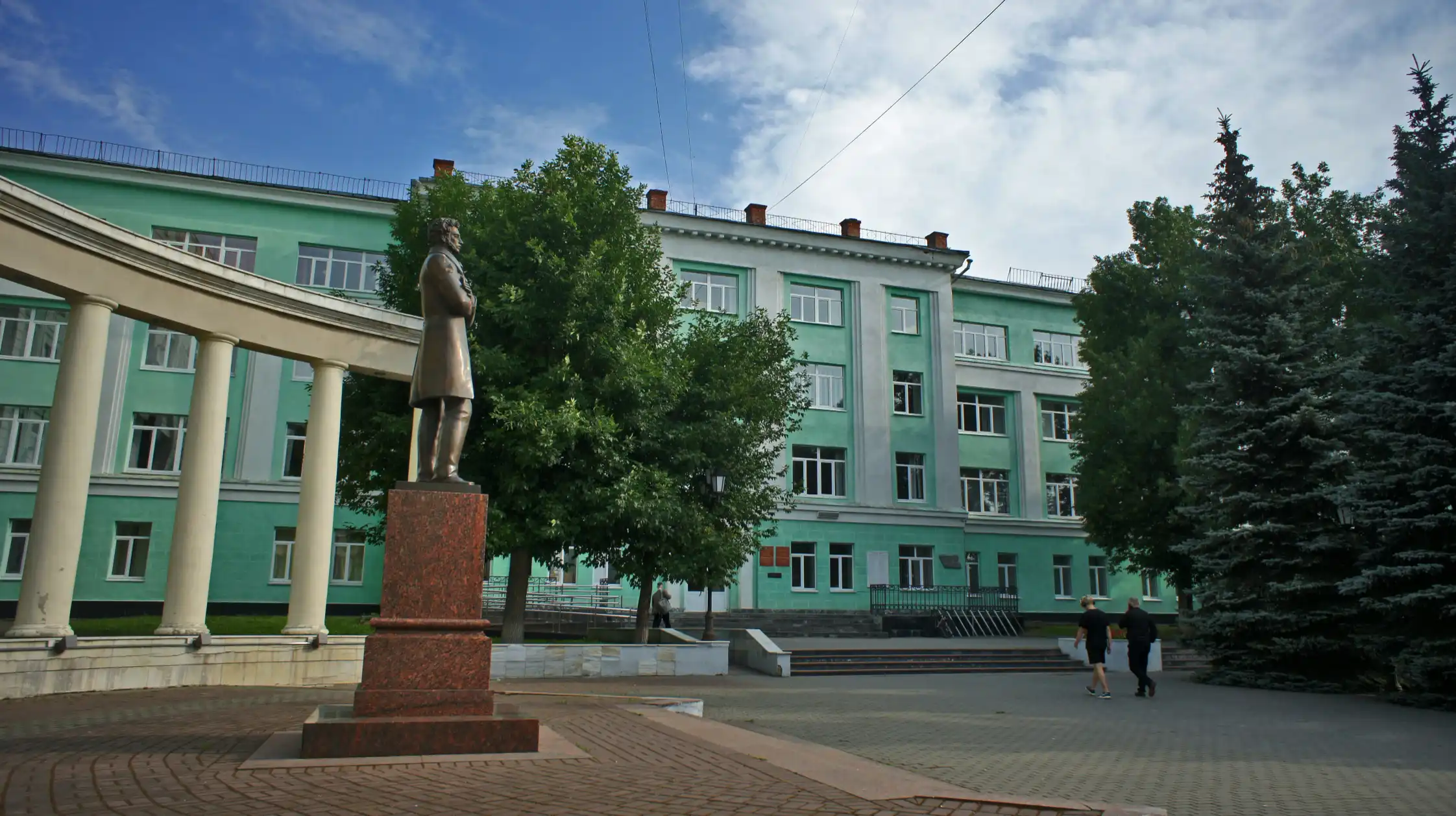


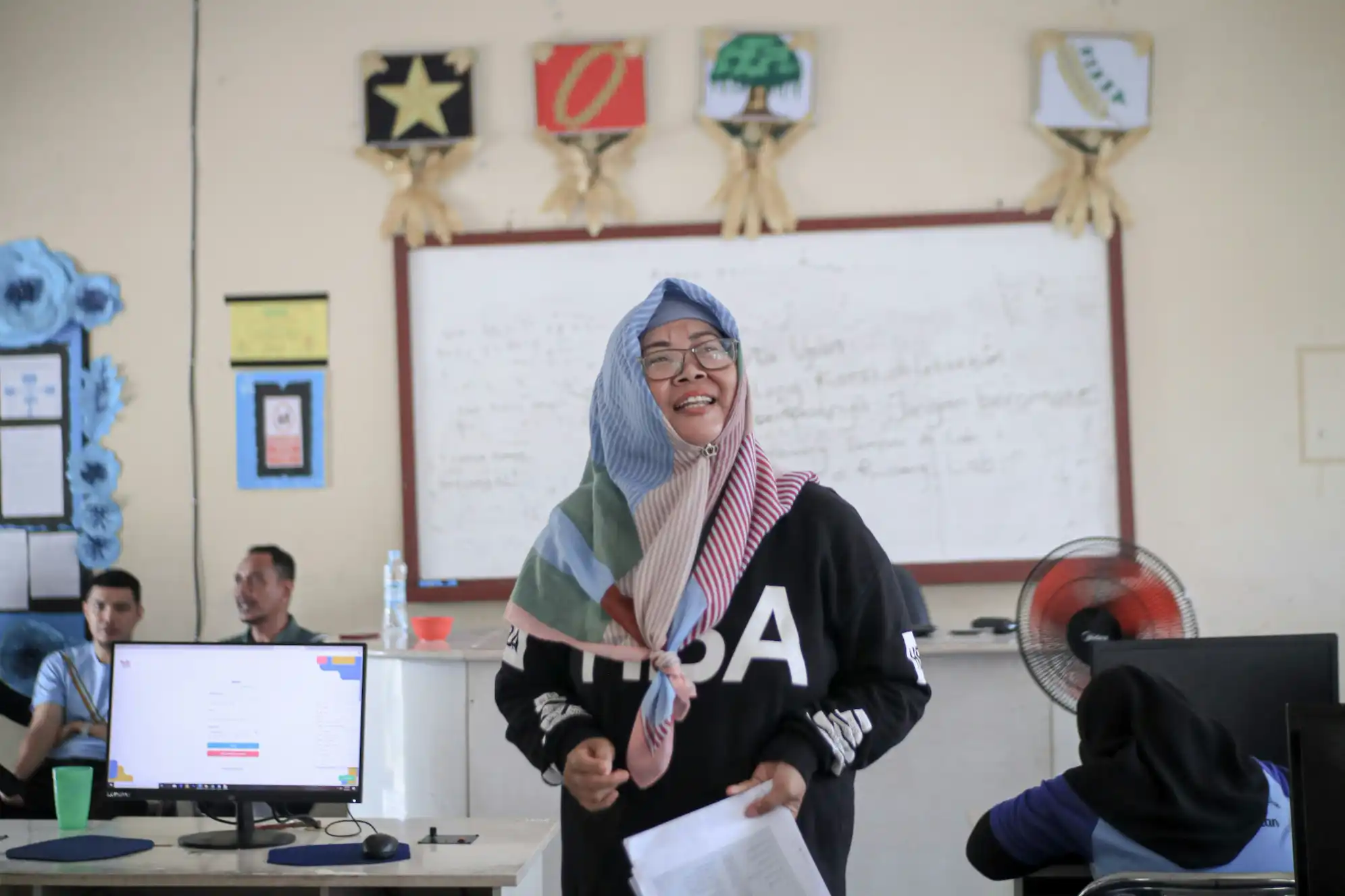






.webp)



%20.webp)

























.webp)
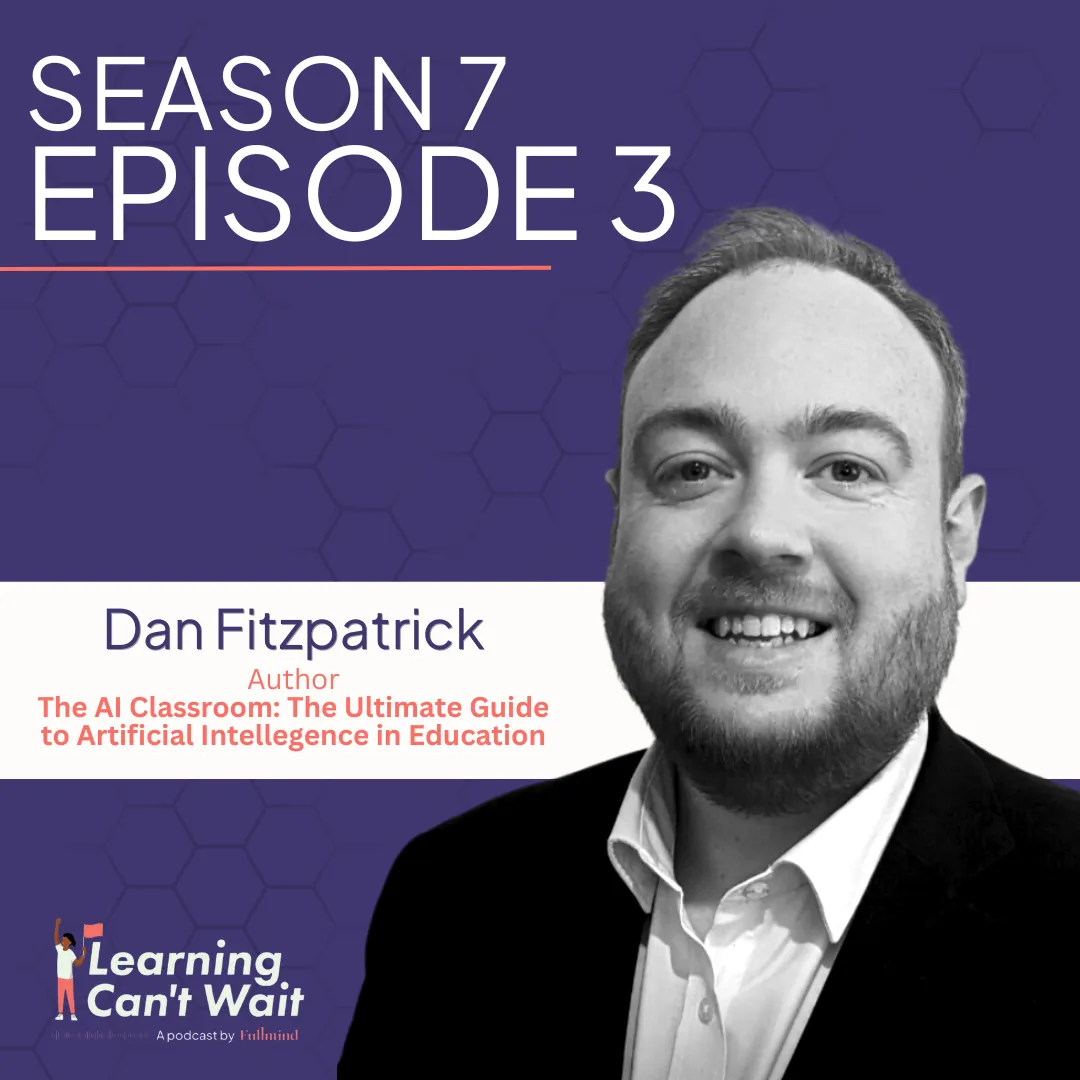
.webp)

